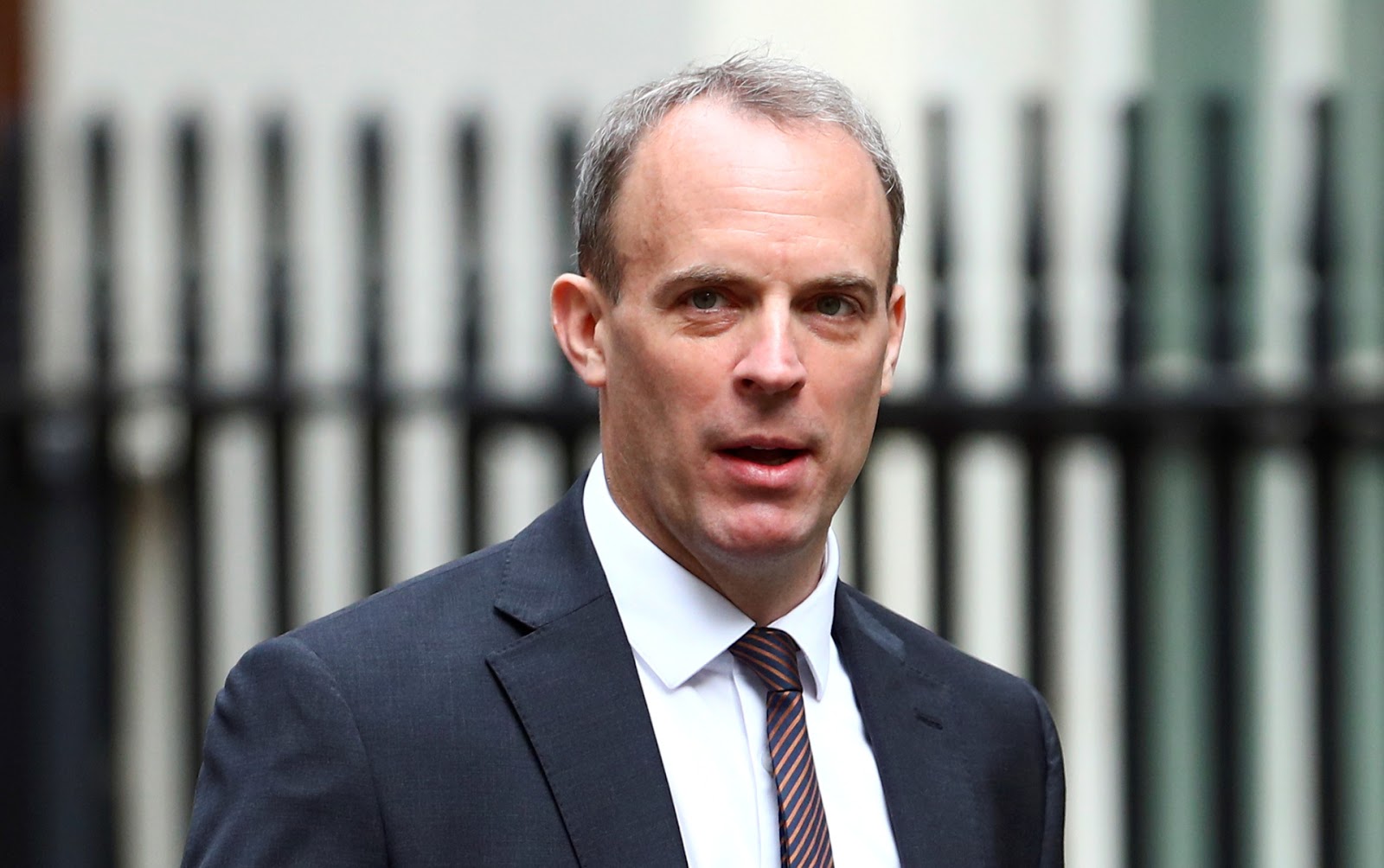U.K. suspends Hong Kong extradition, but won’t ‘completely abandon’ engagement with China
Britain is getting tougher on China, as a cross-party consensus builds in U.K. politics and officials raise concerns about Hong Kong, Xinjiang, and other issues. However, Prime Minister Boris Johnson says he wants “balance” and continued engagement with China.

The United Kingdom has followed the lead of Canada and Australia in suspending its extradition treaty with Hong Kong, after Beijing imposed a national security law on the city. The Financial Times reports (paywall):
U.K. foreign secretary Dominic Raab also announced the U.K.’s arms embargo against China, imposed following Beijing’s 1989 massacre of pro-democracy protesters in Tiananmen Square, would now be extended to Hong Kong…
He told the Commons the U.K. “wants a positive relationship” with China, but that the measures were a “reasonable and proportionate response” to China’s “failure” to live up to international obligations.
Prime Minister Boris Johnson echoed the need for “balance” in relations with China, the Independent reports. “What we won’t do…is completely abandon our policy of engagement with China,” Johnson said, adding, “I’m not going to be pushed into a position of becoming a knee-jerk Sinophobe on every issue, somebody who is automatically anti-China.”
But, like in the U.S., a “cross-party consensus” to be tough on China is building in Britain, the Guardian reports. Raab said that the U.K. still sought “positive, constructive, engagement” with China, but as Reuters puts it:
The [extradition] ban is another nail in the coffin of what then Prime Minister David Cameron in 2015 cast as a “golden era” of ties with China, the world’s second-largest economy.
The Chinese Foreign Ministry gave the same criticism to Britain’s extradition suspension as it did for Canada and Australia: That the “wrong remarks and moves on Hong Kong…grossly violate” unspecified international laws, and that the U.K. is trying to “flagrantly interfere in China’s domestic affairs” by disengaging from Hong Kong extradition.
The extradition suspension comes a week after the U.K. reversed its policy on Huawei, putting a time limit on how long technology from the Chinese telecom company can be used, even for non-core parts of Britain’s 5G network.
- That move delighted the Trump administration — the U.K. is now the leading example of what the U.S. State Department is calling “5G Clean Countries,” and, per the SCMP, Secretary of State Mike Pompeo is “expected to thank the British government” for the Huawei ban when he visits London on July 21.
Criticism on Xinjiang, but sanctions unlikely for now
Both Johnson and Raab strengthened their criticism of China’s treatment of Uyghurs in Xinjiang — Johnson said that Britain had “serious concerns,” while Raab called China’s actions “gross, egregious human rights abuses.”
However, the Independent reports that “Raab has played down early action under the U.K.’s new independent sanctions regime, saying that takes a long time to build a case against any alleged abusers.”
What’s next?
“Planned Chinese investment in the British nuclear sector is the next big sticking point for London and Beijing,” writes Philip Crowe in the Diplomat.
Immigration: “Britain has been urged to provide more details for Hongkongers after the interior minister revealed plans to expand its ‘path to citizenship’ offer to cover young people holding Hong Kong Special Administrative Region passports,” the SCMP reports. See also in the Guardian: U.K. looking at help for young Hongkongers who want to flee.
“The British government has asked Japan to help build its 5G wireless networks without Huawei Technologies,” according to Nikkei, Reuters reports. “Britain named NEC Corp and Fujitsu Ltd as potential alternative suppliers to Huawei,” according to Nikkei.
If E.U. countries follow Britain and ban Huawei, “Beijing is considering retaliating against the Chinese operations of two major European telecommunication-equipment manufacturers, Nokia Corp. and Ericsson AB,” according to the Wall Street Journal (paywall).
Correction: Secretary of State Mike Pompeo is visiting London on Tuesday, July 21, not July 28.






